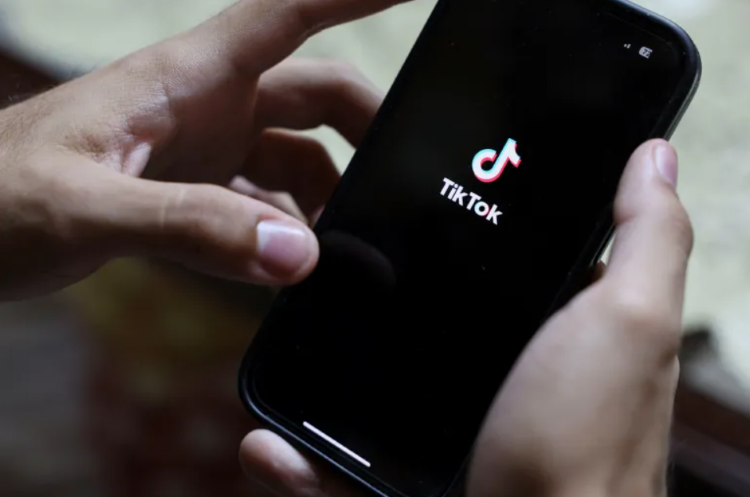(Al Jazeera Media Network) The United States and China have reached a framework agreement to transfer TikTok’s ownership to US control.
Officials from both countries made the announcement on Monday.
The short-form video app was set to be banned in the US by Wednesday if its owner, ByteDance, did not agree to sell the company to a US-based operation or if the US did not extend a pause of the ban, which the White House has already done three times, most recently in June.
US President Donald Trump applauded the deal, which will be confirmed when he discusses it with his Chinese counterpart, Xi Jinping, on Friday.
“A deal was also reached on a “certain” company that young people in our Country very much wanted to save,” Trump wrote on his social media platform Truth Social on Monday.
“The relationship remains a very strong one!!!”
The White House declined to outline the terms of the deal, which was negotiated during trade talks between the two countries in Madrid. The two-day meeting, which wrapped up on Monday, was the latest in a slew of negotiations that began in May.
“We’re not going to talk about the commercial terms of the deal. It’s between two private parties, but the commercial terms have been agreed upon,” US Treasury Secretary Scott Bessent told reporters.
Bessent and US Trade Representative Jamieson Greer, who was also part of the trade delegation in Madrid, said China wanted concessions on trade and technology in exchange for agreeing to divest from the popular social media app.
“Our Chinese counterparts have come with a very aggressive ask,” Bessent said, adding, “We are not willing to sacrifice national security for a social media app.”
“TikTok’s divestment agreement not only keeps the app running in the US, but is also expected to help de-escalate a tense trade standoff and lay groundwork for further trade talks between the US and China,” Maria Pechurina, director of international trade at Peacock Tariff Consulting, told Al Jazeera.
“Both US and Chinese delegations explicitly linked the fate of TikTok to progress on tariff reductions and related trade concessions during their conversations in Madrid.”
The deal comes despite the US pushing other nations to impose tariffs on China over purchases of Russian oil, which Bessent said was discussed briefly with the US’s Chinese counterparts.


